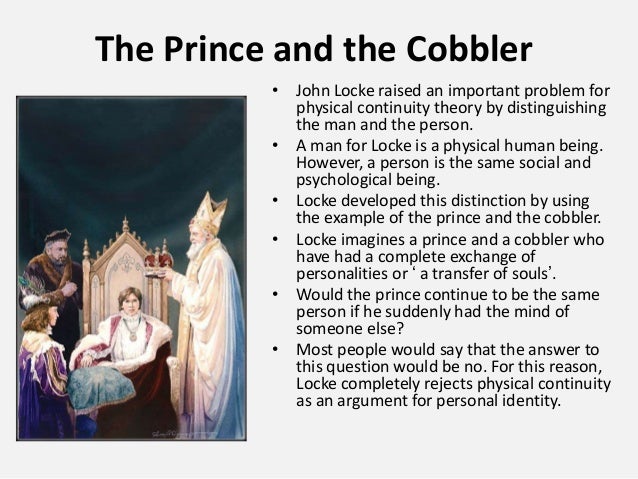Crews Holt
Philosophy
Purpose Driven Life: Installment 2
In this installment I will continue my dissection of the "Purpose Driven Life" by Rick Warren. I will continue to discuss some of my favorite chapters of this book that deal with finding one's purpose in life and continuing on ones spiritual journey with God. In my first installment I went through some of my favorite chapters of this great book. I hope some of you find this insightful. Another one of my favorite chapters is chapter 28 which talks about how nothing happens over night. Everything in life takes time. There are no shortcuts in your journey with God. Today's generation wants everything to happen in an instant and the same thing happens in our relationship with god. Too many of us pray for something better to happen in our lives and we expect instant results. Some prayers go un answered for many years, but we cannot lose hope. We have to trust in God's plan and believe that something better will happen because of our trust in God. Be patient with God and never get discouraged in your relationship with him. Another chapter is 32 that deals with understanding what God has given you. Similar to above, too many of us want more in life and are un satisfied with some qualities of ourselves, or our lives. We should be thankful for everything God has given us in our lives and be thankful and not take anything for granted. Sometimes we think we know better than God and get frustrated with things that are happening our lives. Warren says that we should accept everything God has given us and never take anything for granted. Chapter 34 talks about serving God. In my first installment I talked about how God created us to spread his word. We cannot just believe and not do anything about it. We must serve God and spread his word, that is one of the responsibilities as a Christian. Warren says that servants of God think more about each others than our own selfs. He says we should take a step back and really think about what is important in our Christian journeys. Serving God, as well as serving others on a daily basis, is what Warren says is one of the most important things in our life. Reading this book has made me understand a lot about life. Life is more about ourselves. We must understand that there is much more too life than about materialistic items and finding "happiness" in things that will not actually bring us that happiness. I know many people do not believe in God and I am not saying anything negative against them. This book has just meant a lot to me and has helped build a stronger relationship with God. I wish everyone the best and hope everyone finds happiness in their own lives. I look forward to reading all of your posts and learning new things about all of you and your beliefs.
Installment 1 http://cophilosophy.
Installment 1 http://cophilosophy.

